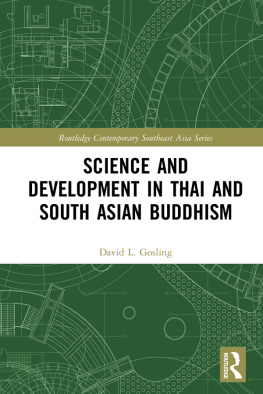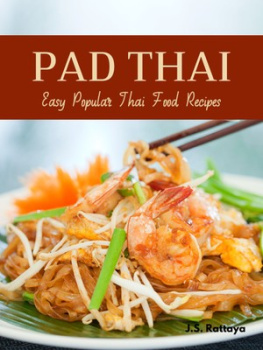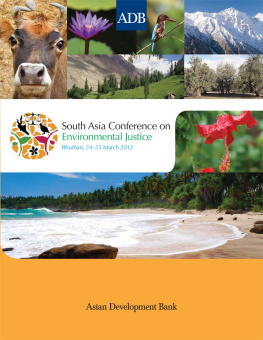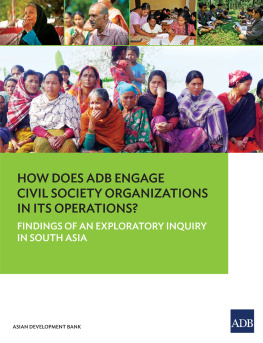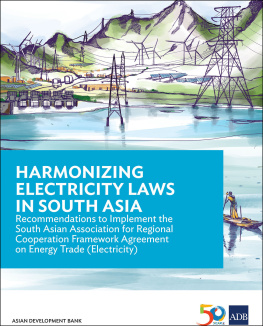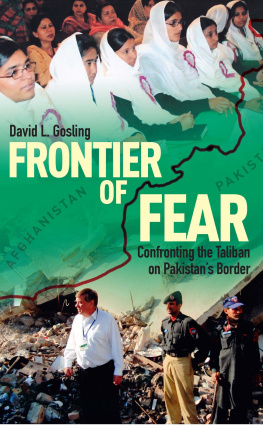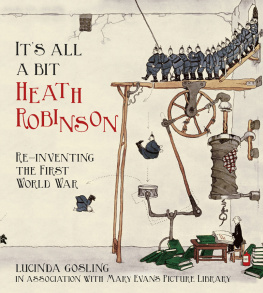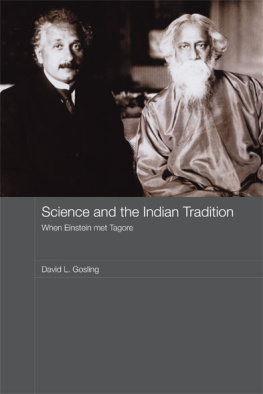Science and Development in Thai and South Asian Buddhism
Becoming a Buddhist monk in Thailand has for a long time provided the opportunity for access to a good education and to social advancement, both to bright, poor rural youths and to members of the urban elite whose youth often become monks for a few months as a rite of passage into adulthood. Moreover, although women are not allowed to become fully fledged monks, recent developments have encouraged a special status akin to nuns for many devout Thai Buddhist women. All this has resulted in large numbers of well-educated, well-motivated Buddhist religious people, keen both to engage in religious contemplation and also determined to contribute to this-worldly social, economic, educational and medical development goals. This book, by a leading authority on the subject, considers the role of Thai Buddhist religious people in development within Thailand. It discusses how Thai Buddhism has evolved philosophically and in its organisation to allow this, examines various examples of Buddhist peoples engagement in development projects, and assesses how the situation is likely to unfold going forward. In addition, the book considers the relationship between science and religion in Thai Buddhism and also some aspects of the parallel situation in Sri Lanka.
David L. Gosling is a Life Member and former Spalding Fellow of Clare Hall, University of Cambridge. A Chartered Physicist, he was Director of Church and Society at the World Council of Churches in Geneva, and has published extensively on the interface between science and religion in Asia. He is the author of Religion and Ecology in India and Southeast Asia and Science and the Indian Tradition: When Einstein met Tagore (both Routledge).
Routledge Contemporary Southeast Asia Series
The aim of this series is to publish original, high-quality work by both new and established scholars on all aspects of Southeast Asia.
Religious Actors and Conflict Transformation in South East Asia
Indonesia and the Philippines
Edited by Jrgen Rlend, Christian von Lbke and Marcel M. Baumann
Power Interconnection in Southeast Asia
Anthony David Owen, Anton Finenko and Jacqueline Tao
Contemporary Inter-regional Dialogue and Cooperation between the EU and ASEAN on Non-traditional Security Challenges
Naila Maier-Knapp
Securitising Singapore
State Power and Global Threats Management
Syed Mohammed Adha Aljunied
The European Union and Myanmar
Interactions via ASEAN
Ludovica Marchi Balossi Restelli
The State and Religious Violence in Indonesia
Minority Faiths and Vigilantism
Aan Suryana
Science and Development in Thai and South Asian Buddhism
David L. Gosling
The Arab Uprisings and Malaysias Islamist Movements
Influence, Impact and Lessons
Irwan Saidin
For more information about this series, please visit: www.routledge.com/Routledge-Contemporary-Southeast-Asia-Series/book-series/RCSEA
First published 2020
by Routledge
2 Park Square, Milton Park, Abingdon, Oxon OX14 4RN
and by Routledge
52 Vanderbilt Avenue, New York, NY 10017
Routledge is an imprint of the Taylor & Francis Group, an informa business
2020 David L. Gosling
The right of David L. Gosling to be identified as author of this work has been asserted by him in accordance with sections 77 and 78 of the Copyright, Designs and Patents Act 1988.
All rights reserved. No part of this book may be reprinted or reproduced or utilised in any form or by any electronic, mechanical, or other means, now known or hereafter invented, including photocopying and recording, or in any information storage or retrieval system, without permission in writing from the publishers.
Trademark notice : Product or corporate names may be trademarks or registered trademarks, and are used only for identification and explanation without intent to infringe.
British Library Cataloguing-in-Publication Data
A catalogue record for this book is available from the British Library
Library of Congress Cataloging-in-Publication Data
A catalogue record for this book has been requested
ISBN: 978-0-367-14585-9 (hbk)
ISBN: 978-0-429-03241-7 (ebk)
Typeset in Times New Roman
by Apex CoVantage, LLC
This book is dedicated to all my friends and associates in South Asia and especially in Thailand, in gratitude for their wisdom and affection.
Wisdom and compassion must walk together. Having one without the other is like walking with one foot. You may hop a few times, but eventually you will fall. Balancing wisdom with compassion, you will walk very well slowly and elegantly, step by step.
Maha Ghosananda in Step by Step , Berkeley, 1992, p. 35
Contents
SECTION A
Buddhism in transition
SECTION B
Monastic development activities
SECTION C
Aspects of development and science
Guide
The research programme on which this book is based began at the University of Hull, where I was responsible for teaching Indian religion and was also a member of the Centre for Southeast Asian Studies. During this period the focus of research was initially on how Buddhist scientists in South Asia relate Buddhism and science, carrying forward earlier research at Lancaster University on the impact of science on Indian society.
The research progressively broadened into an investigation into the involvement of Thai Buddhists in this-worldly activities such as development projects, and their rationale for doing so, with particular reference to monks at the two Buddhist universities in Bangkok. Their work was studied in parts of rural Thailand, especially the north and northeast. Of particular interest was the involvement of the Buddhist sangha in healthcare activities and the use of herbal medicines, which some monks grow in their temple precincts. The doctor-monk ( maw phra ) programme of Dr Prawase Wasi, director of the Sirirath Hospital in Bangkok-Thonburi, was evaluated.
The methodology used for this research is described in detail elsewhere. Respondents were given Thai questionnaires endorsed by Dr Prawase Wasi (who is nationally acknowledged for his work), and a sample was interviewed personally. A research assistant was normally present; in the case of women respondents this assistant was female. Analysis of the questionnaire results was conducted using a variety of computers (e.g. at Chulalongkorn University) and the fieldwork conclusions were analysed with reference to Stanley Tambiahs methodology and Donald Swearers research on the Thai monk Buddhadsa ( Putatt ).
A later stage of the research was concerned with the implementation of appropriate and renewable energy technologies in South Asia, including Thailand, Sri Lanka and the Philippines. This was done in collaboration with Christian Aid and the World Council of Churches, and included a visiting fellowship in energy studies at the East-West Center in Hawaii. The award of the Spalding Fellowship at Clare Hall in the University of Cambridge made it possible to integrate the various stages of the research in preparation for publication and a lecture programme in the Faculty of Education. One of the subsequent books was used as a basis for the TV documentary Wonders of the Monsoon; another has been published in Arabic.
The material presented in this book is preceded by a general introduction, followed by three sections, each introduced by a brief update. The first section reviews changes that have been occurring in south Asian Buddhism, primarily in Thailand, and highlights the role of lay nuns ( mae chii ). The second section considers monks development activities ranging from programmes centred on the two Buddhist universities in Bangkok to more specific projects dealing with drug addiction and AIDS treatment based on particular temples. The section also deals with monks programmes among the hill tribes, the work of the Engaged Buddhists led by Sulak Sivaraksa, the role of monks and lay women who specialise in the teaching of meditation, and a peace programme in two Thai holding centres for Cambodian refugees organised by a charismatic Cambodian monk.

